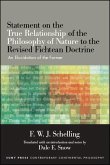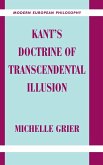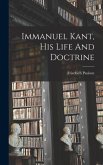"Theology and the Cartesian Doctrine of Freedom, now for the first time available in English,was âEtienne Gilson's doctoral thesis and part of a larger project to show the medieval roots of Descartes at a time when the very existence of medieval philosophy was often ignored. Young Descartes was sent to La Fláeche, one of the Jesuits schools that offered a complete philosophical program, and Descartes would have had the same philosophical training as a Jesuit. There is some controversy about the exact dates of Descartes's stay at La Fláeche and consequently about his philosophy instructor. By Gilson's calculations Franðcois Vâeron taught Descartes for three years. Vâeron eventually left the Jesuits to be free to engage in extraordinarily aggressive anti-Calvinist polemics. If anything, Vâeron's overbearing manner may have contributed to Descartes antipathy toward Scholastic philosophy. (Whatever Descartes's objections to its philosophy curriculum, later in life he recommended la Fláeche as the best school in France.) Descartes,s great intellectual mission in life was not his mathematics but his physics, which was understood as a part of philosophy. We see him navigate the shoals of heated theological and religious strife in his attempt to articulate the metaphysical foundations(and in particular a philosophical vision of God) for his physics or theory of nature. As a layman, he always pleaded ignorance in technically theological matters. He presented himself as a loyal Catholic, quite sincerely in the portrait Gilson paints."
Hinweis: Dieser Artikel kann nur an eine deutsche Lieferadresse ausgeliefert werden.
Hinweis: Dieser Artikel kann nur an eine deutsche Lieferadresse ausgeliefert werden.

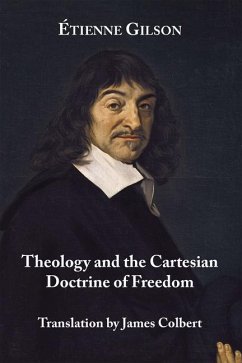
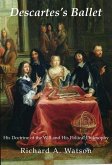
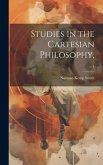
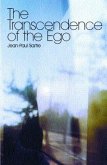
![Modern Physical Fatalism and the Doctrine of Evolution [microform] Modern Physical Fatalism and the Doctrine of Evolution [microform]](https://bilder.buecher.de/produkte/66/66192/66192047m.jpg)
